DD1 loves Badminton and spends most of her after school hours in the Badminton court. Besides giving her nutritious food, looking after her movements in the court is also very important as bad postures and movements might lead to a Sports injury. Few months before, she fell backwards and sprained her wrist at the very beginning of the first match itself (while warming up) and it was the first time she injured herself in a tournament. Packing her Badminton bag with essential first-aids and talking to her with a positive attitude while remaining calm, reduced the tension and helped her to recover sooner.
So, What to do if your child has a sporting injury
Encouraging your child to get involved in sport is a fantastic idea, as it’s great for their health and really good fun too. Your child or teen can learn vital social and team-working skills, as well as potentially finding a new career or a life-long hobby.
As a parent, though, there will always be worries about safety – It can be difficult to remain supportive when you’re wincing on the sidelines after a rough tackle or a painful-looking fall.
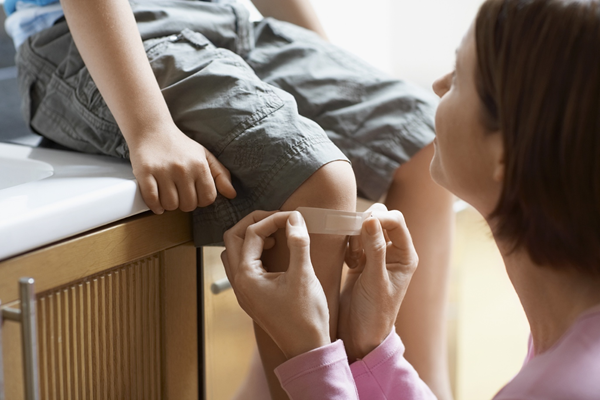
Assessing the injury on the field
Remaining calm is the virtue when you see your child suffering a sports injury. It’s totally understandable that as a parent, it is very common to panic when you see your child suffering but remaining calm and helping your child to remain calm will give both of you enough and quiet time to access the symptoms. Speak to your child and make a note of all of the symptoms they report, from where it hurts to other sensations such as nausea or dizziness. Common symptoms associated with sports injuries include:
Speak to your child and make a note of all of the symptoms they report, from where it hurts to other sensations such as nausea or dizziness. Common symptoms associated with sports injuries include:
- Inflammation
- Pain
- Swelling and/or redness
- Problems moving a joint or part of the body
If you have your child’s trainer/coach around, it is often a good idea to get his/her help. Assess the level and severity of the injury and incase of severe back and neck injury, try not to initiate any movements until you receive the proper medical support.
For very mild injuries such as sprains or bruising, painkillers like Paracetamol will help reduce the pain, while anti-inflammatory medication such as Ibuprofen can help to take swelling down.
If you’re not sure what to do, the best course of action will always be to seek professional medical advice, and do so as quickly as possible.
Heading to hospital – what to expect
In the case of head/back/neck injuries or fractures, you must get the medical help and always advisable to head to the hospital where the injured person will receive the necessary assessments and treatments including X-rays and/or MRI scan. MRI scans can more detailed pictures and are often used for pre-diagnosis in cases of sports injuries such as meniscus tears (tears in knee joint cartilage) and ACL (anterior cruciate ligament) ruptures.
Prevention is better than cure
Injury during sports is always Scary, but it doesn’t mean you have to stop them playing altogether. Instead, you can help them stay safe through the following preventative measures:
- Buy protective clothing – knee pads, elbow protection, mouth guards and other sport-specific protective gear can all help to protect vulnerable bones and joints when playing sports
- Get proper shoes – Many sports injuries, particularly ankle-related incidents and falls, happen because of inappropriate shoes. Get the Shoes with good grip, right size and comfortable insole even if it costs few more extra pennies.
- Increased training/warmup and cooldown –It is essential to warmup before starting a sports activity and cool down at the end. Inadequate warmup and cool down routines may lead to weakened bones and muscles and often cause an injury. Get enough help and advice from the coach on training and techniques that can make the sport safer and injury less likely.
disclaimer: colloborative post







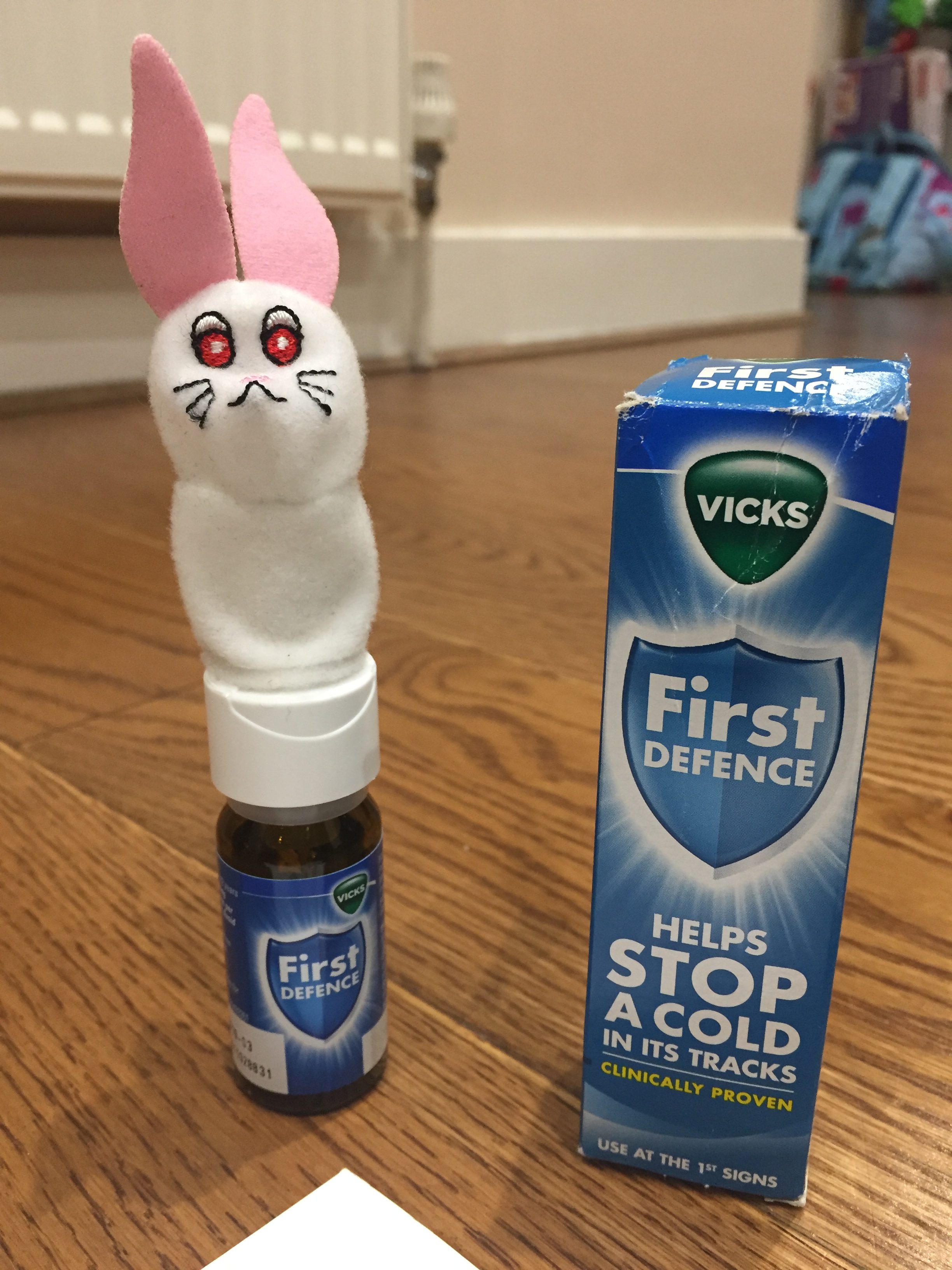
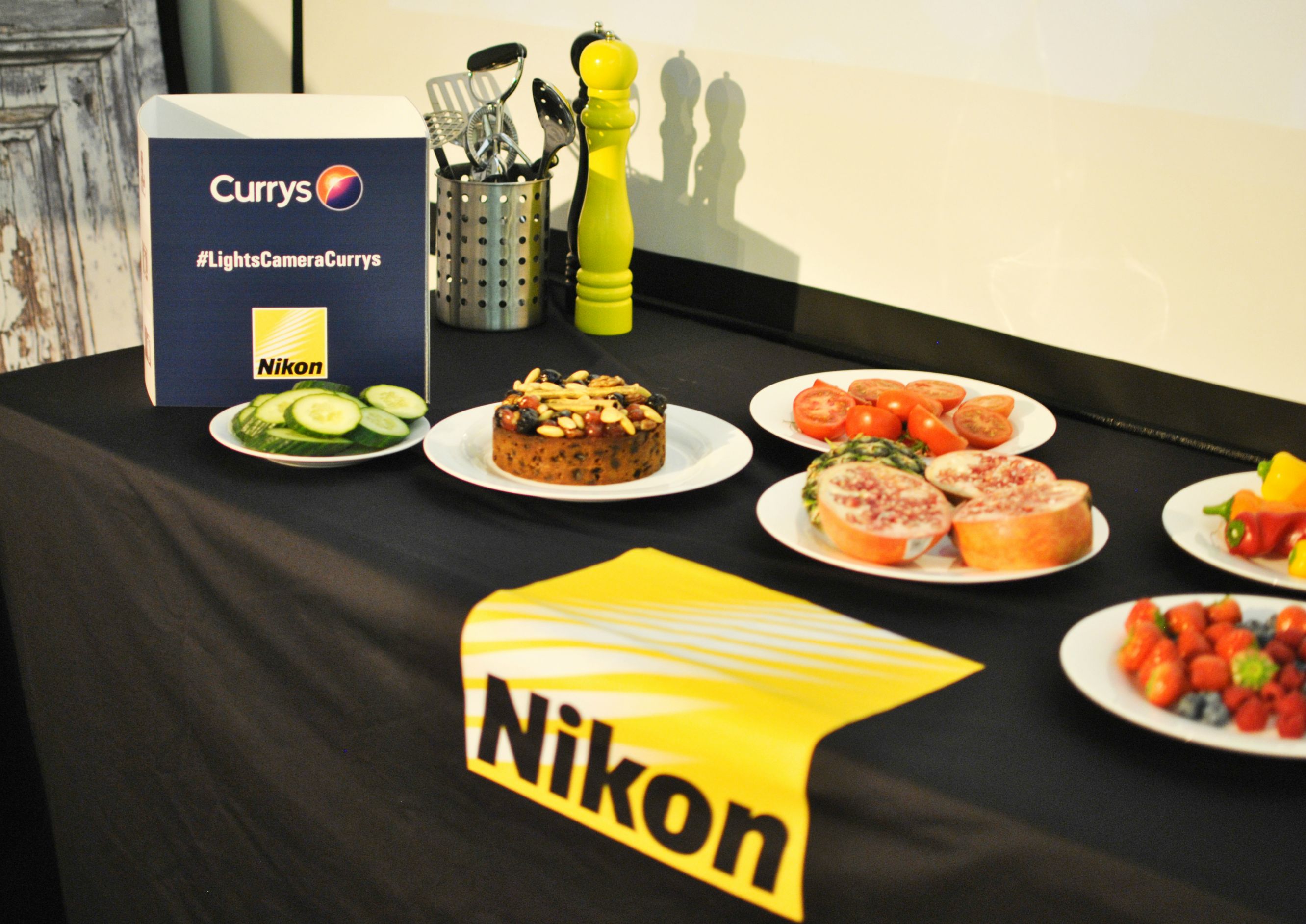
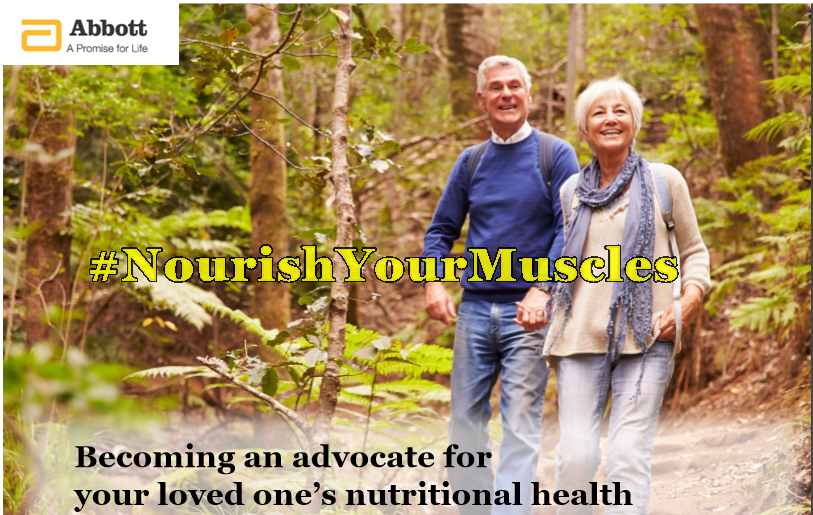
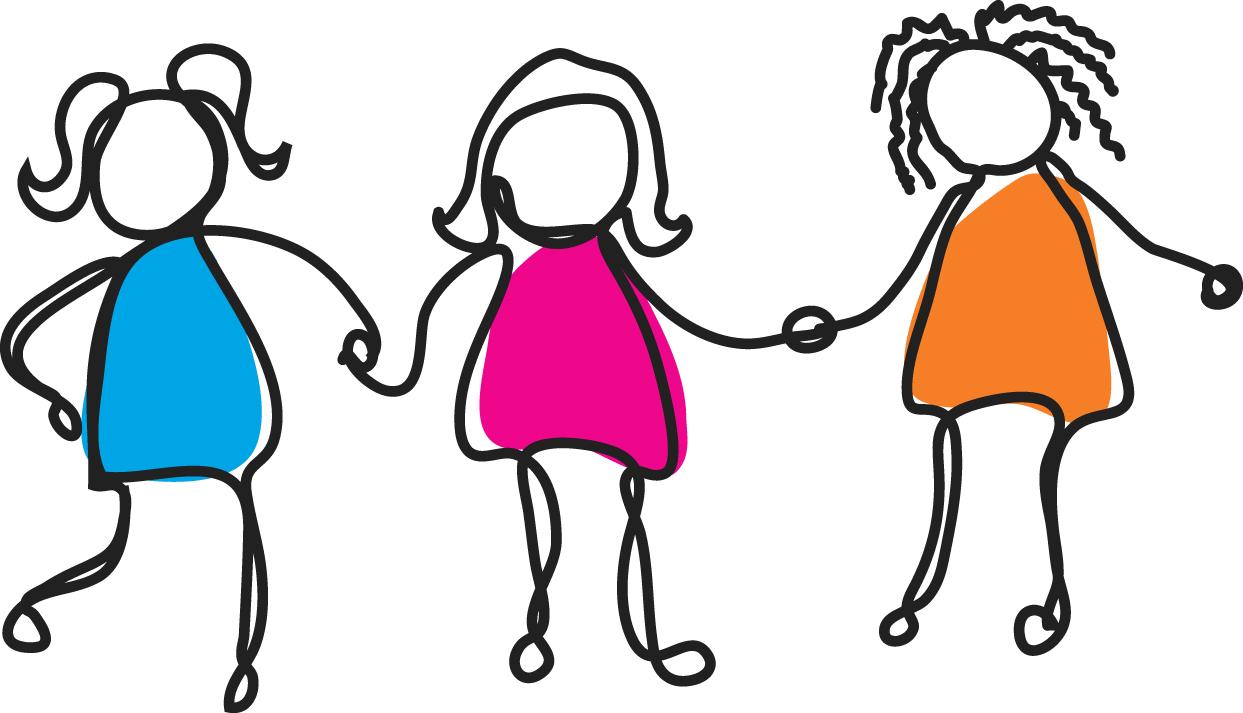







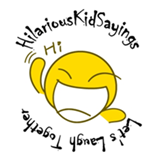










oh! It’s awful to see them suffering and the best part is, even if it is a minor injury, sometimes it is too hard to convince them. Calming down is the best remedy!
Thanks for commenting Kate. Hope you enjoy reading the blog!!!
I agree with your point of protective clothing, Sometimes we too even get too lazy to dress up the kids safely (even when they go on bike)! And warming up and cooling down – I realised how important they are only after suffering from Tennis Elbow!
good information and thanks for sharing
Thanks for commenting Steven. Hope you enjoy reading the blog!!!
Awesome post here, I love all the detail and walkthrough of the process.
Best wishes from Texas
Hector H